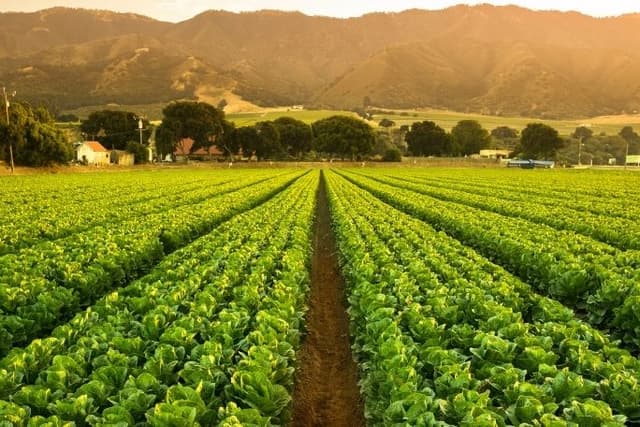
Food Security and Climate Change in Australia
Lesson2 of 3 in this unit
SecondaryYear 9 - 10ScienceHumanities and Social SciencesGeographyEnvironmentalClimate ChangeLand Management
Summary
Lesson Guides and Printables
Lesson Plan

Student Worksheet


Lesson Plan

Student Worksheet
